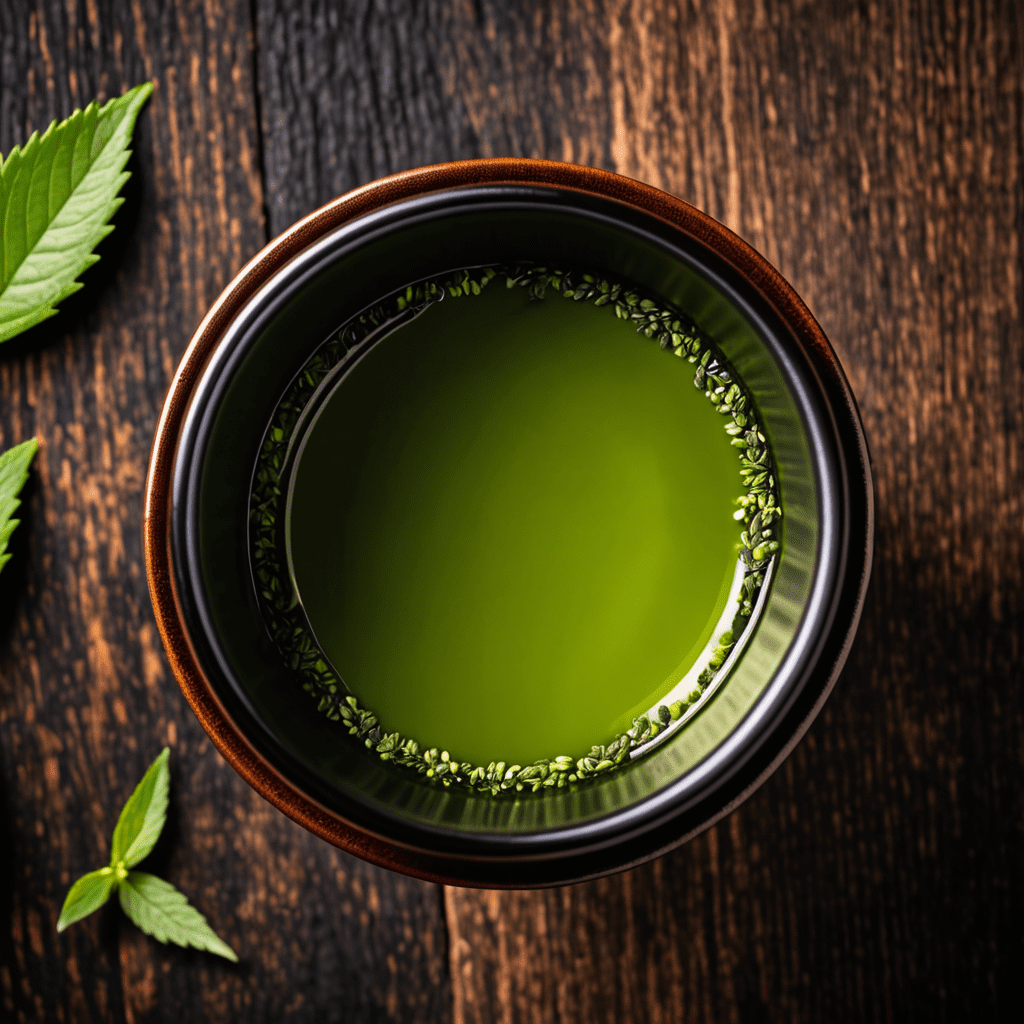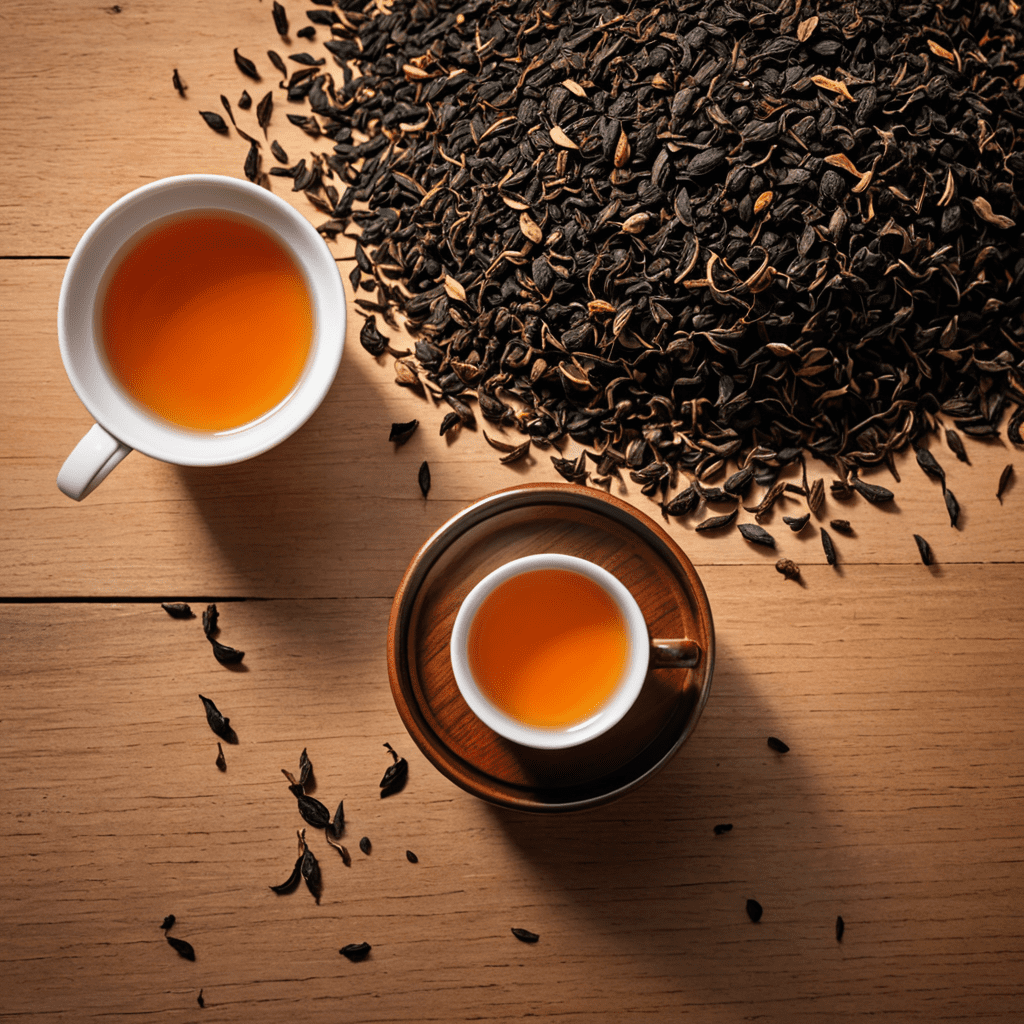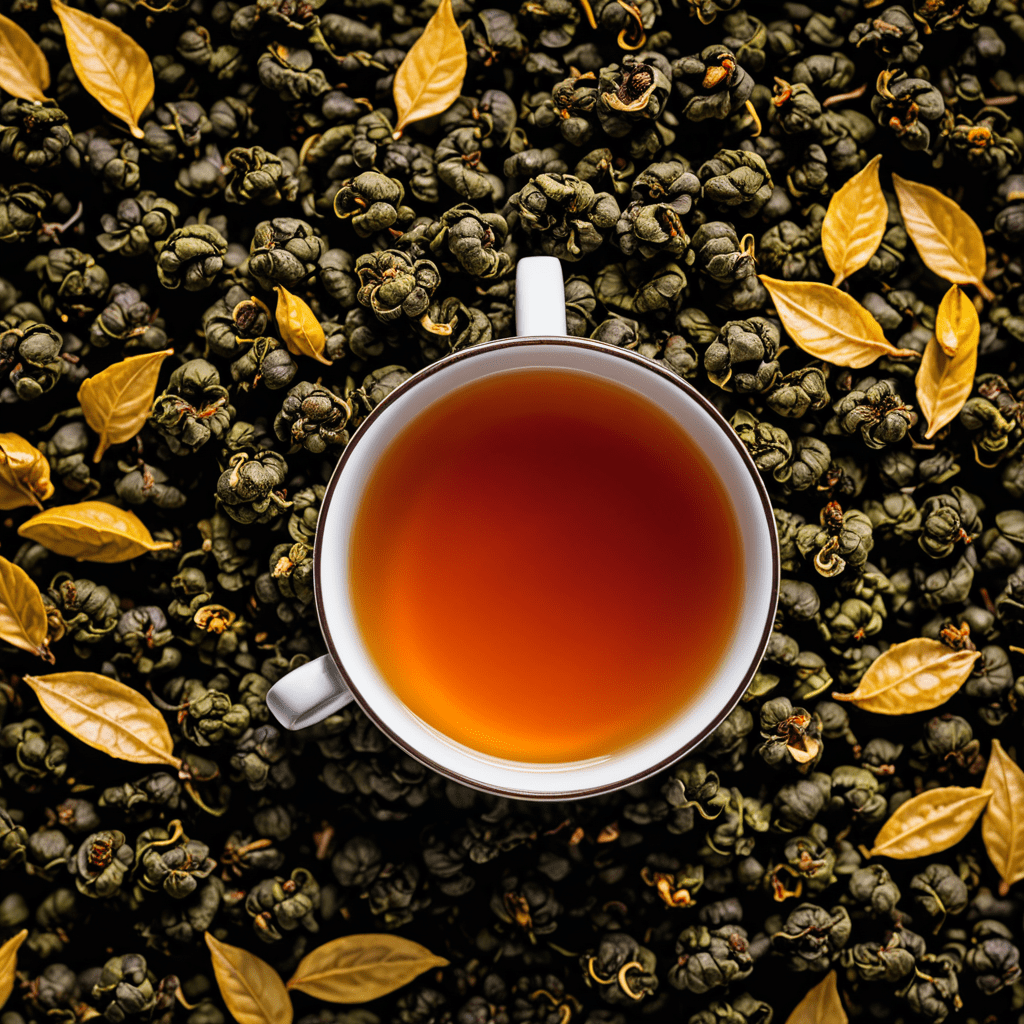The Enchanting World of Pu-erh Tea
Pu-erh tea, a unique fermented tea hailing from the Yunnan province of China, is celebrated for its rich history and complex flavors.
Exploring Pu-erh’s Origins
Originating from the tea trees in the ancient forests of Yunnan, Pu-erh tea has been cultivated and cherished for centuries.
The Fermentation Process
Unlike other teas, Pu-erh undergoes a post-production microbial fermentation process that gives it its distinct earthy and robust flavors.
A Symphony of Aromas
When brewed, Pu-erh tea offers a symphony of aromas, ranging from woody and earthy notes to hints of sweetness and depth.
Varieties of Pu-erh
There are two main types of Pu-erh tea: raw (sheng) and ripe (shou), each offering a unique flavor profile and brewing experience.
Health Benefits of Pu-erh
Besides its enticing aroma and taste, Pu-erh tea is also believed to boast various health benefits, such as aiding digestion and weight management.
Embrace the Pu-erh Experience
Whether you are a seasoned tea enthusiast or a curious newcomer, delving into the world of Pu-erh tea promises a sensory journey like no other.
FAQs About Pu-erh Tea: A Symphony of Aromas
What is Pu-erh Tea?
Pu-erh tea is a type of fermented tea produced in the Yunnan province of China. It is known for its unique earthy flavor and aroma.
How is Pu-erh Tea Different from Other Teas?
Pu-erh tea undergoes a fermentation process that sets it apart from other teas, resulting in a rich, complex flavor profile that evolves over time.
How Does Pu-erh Tea Develop its Aromas?
Pu-erh tea develops its aromas through aging, oxidation, and microbial activity during fermentation, giving rise to a symphony of earthy, woody, floral, and sometimes fruity notes.
What Are the Health Benefits of Pu-erh Tea?
Pu-erh tea is believed to aid digestion, promote weight loss, reduce cholesterol levels, and provide antioxidants that may help protect against chronic diseases.
How Should Pu-erh Tea be Prepared?
Pu-erh tea is best brewed with hot water just below boiling. It is recommended to rinse the tea leaves briefly before steeping to awaken the flavors, then steep for a few minutes before enjoying.



